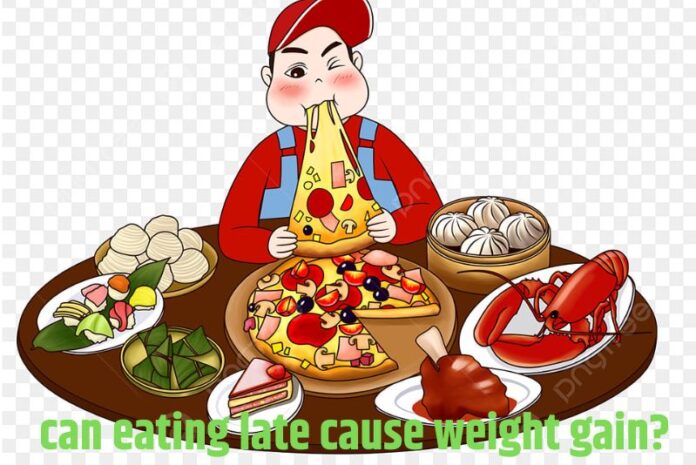Are you one of those who can’t eat dinner early due to work commitments and are concerned that eating late may lead to weight gain? But, in the end, a calorie is a calorie, regardless of when it is consumed, and weight gain is caused by eating more calories than you can burn. Several experts refer to this as the calorie in/calorie out hypothesis of weight control. So keep an eye on what and how much you’re eating.
As of now, no human research have conclusively shown that calories consumed at night are more likely to promote weight gain than calories consumed earlier in the day.
One of the links between eating late and weight gain is that late-night diners tend to overeat, resulting in more calories overall. Eating at night may result in weight gain if you consume excess calories. Remember that consuming additional calories late in the day disrupts the circadian pattern of sleep, eating, and waking. Your basal metabolic rate decreases in the latter half of the day. This means that your body will burn less fat. Keeping that in mind, prioritize portion management and low-calorie, protein-rich foods. If you eat within your recommended daily calorie intake and balance it with exercise and decent sleep for the remainder of the day, you may not gain weight.

People often choose poorer meal choices late at night, opting for calorie-dense foods like chips, soda, and ice cream. Mood swings/disorders are one of the causes of nighttime bingeing owing to stress, worry, boredom, or unhappiness. Hormonal changes are another factor contributing to a lack of sleep. So, when preparing your lunch, keep these elements in mind.
There are numerous techniques to control your appetite through meal time and frequency. For example, eating a higher-calorie breakfast may help you feel fuller and avoid overindulgence later in the evening. Another option is to eat small, frequent meals throughout the day to avoid developing a nighttime hunger.

According to research, carbs ingested in the evening cause larger blood sugar rises than those consumed earlier in the day. This is because the sleep hormone melatonin inhibits the secretion of insulin, which regulates blood glucose levels. Avoid carbs at late meals. Include them in your larger meals early in the day. Keep the late supper small so you don’t go to bed hungry.
